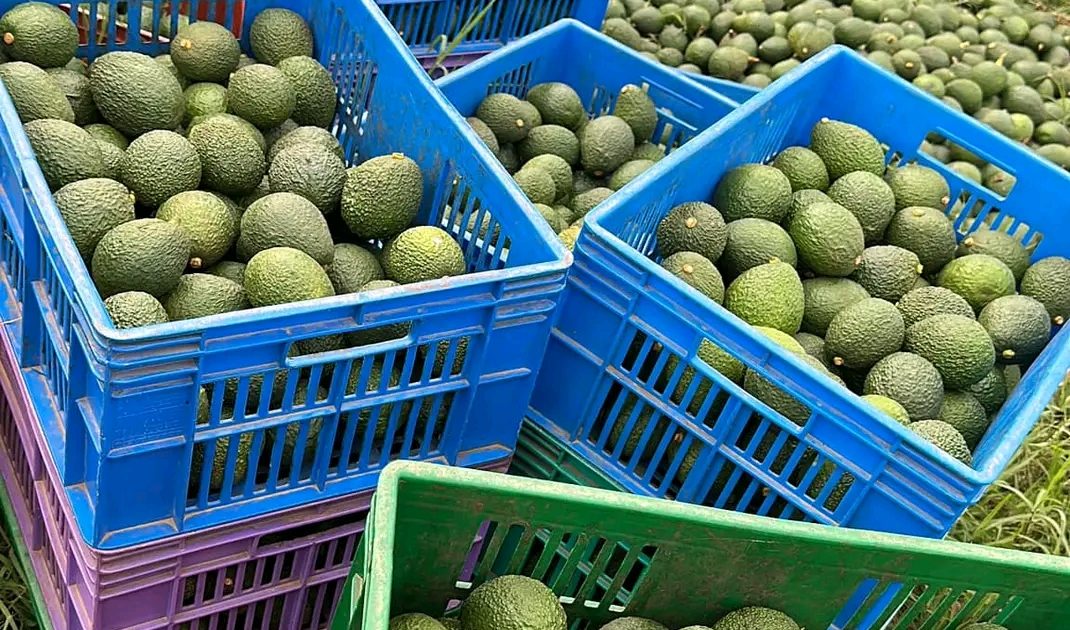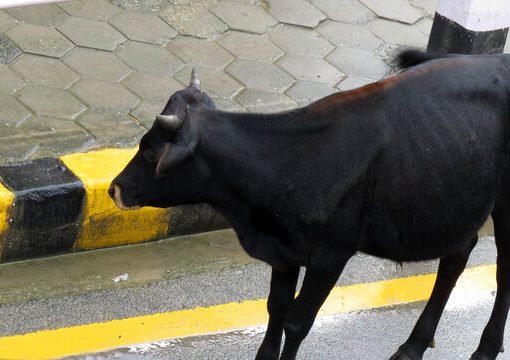A large number of Kenyan farmers have started shifting from other cash crop farming and are now embracing avocado farming.
Avocado, being a horticultural crop, was first domesticated in America but did not receive serious attention until early 1900, when more benefits of the crop were discovered, attracting more farmers before it spread to other parts of the world.
In Kenya, avocado farming was introduced by the Portuguese. Since 1930, the country has been exporting thousands of metric tonnes per year. According to the Horticultural Crops Directorate, in 2023, the country witnessed a 30% revenue elevation from the prior year, as per Kenya export branding.
Kenya mostly exports two varieties, Fuerte and Hass avocados. These are true treasures of nature, packed with essential nutrients and health benefits, and have led to significant growth in the Kenyan economy, thereby creating a livelihood for small-scale farmers.
Fuerte variety is a crossbreed between Guatemalan and Mexican varieties and it is resistant to disease compared to Hass varieties, but it’s not market-friendly since it has fewer customers and its shelf-life is low.
Kirinyaga county government year 2021 through Wezesha Kirinyaga empowerment programme, gave 60,000 avocado seedlings to 314 groups to boost avocado farming in Kirinyaga and the rise is expected to be seen this year.
Habel Ndinga Karari, a 72-year-old retired secondary school teacher from Kiamurunga village, Kirinyaga Central, Kirinyaga County, is a successful small-scale avocado farmer with a sight disability.
Ndinga, on his 2-acre piece of land, has planted 464 trees of Hass avocado. Last year, he produced more than 14 tonnes, which gave him a good profit margin, and he is expecting an increase this year.
“I tried dairy cow farming but it cannot be compared with the avocado business since you get paid on the farm as you have agreed with the buyer. Avacado farming also requires less time and manpower. “For small-scale farmers, all you need is the best tree breed and you can make a good profit,” he explained.
He said that the only challenges they experience as avocado farmers are fake farm chemicals and a lack of knowledge about avocado farming.
“If people are well-versed, they can produce good fruit for export. When one requires an extension officer, they have to come on your invitation as a farmer,” said Ndinga.
Elijah Kamau Njoroge, director of Morfarm Fresh Fruit Exporters, who is a farmer and exporter, said avocados can be grown from seeds or from seedlings, whereas others, like the Hass variety, are grafted to improve the variety by increasing its disease resistance, improving yield and increasing its adaptability to different soils depending on the area to be planted.
Kamau said an avocado tree starts producing fruit 2-3 years after planting, but it will give good yields in the fifth year. He says one avocado tree can produce a minimum of a thousand fruits within a period of ten years.
Avacado, like any other bearing fruit tree, needs to be pruned for good distribution of sunlight, which can be done once if need be. Prunning, when done at the right time, can help influence the amount and quality of fruit production and maintain the height and formation of the tree.
He adds that avocado is an important commercial fruit in both local and external markets since its markets start at the doorstep at the village level.
“The fruit is highly nutritious, rich in proteins and cholesterol-free. That is why its demand is increasing daily, but we have few farmers in the business. This year, we are expecting an increase of not less than 30% from last year’s exports,” he said.
He added that we have both large and small-scale avocado farmers, but still, we are not getting enough because the demand is very high. He has called on the government, through the ministry of agriculture, to provide extension services to the avocado farmers. He saw that some of the challenges farmers face is lack of information on how to farm the crop and the market.
He noted that countries like Chile are leading in avocado farming since their governments have embraced crop farming. He said if it were possible for the government, when it has tree planting days, to give avocado seedlings to farmers instead of other trees to be planted, it would increase avocado production and generate more income.
“As a farmer and exporter, we have not seen much support from the national government as it is done in the coffee and tea industry; when it comes to policies, there is less that we give and may be of benefit in the avocado sector,” he added.
He said avocado farming does not face more challenges like other cash crops. it’s a business between the buyer and the seller, thus having fewer cartels interfering.
He called on farmers to work as a group for them to see the benefits of avocado farming when it comes to government support. When they are in groups, there are so many benefits they can get from the government.
Early this year, Horticultural Crops Directorate acting director Christie Chesaro clarified that the Agriculture and Food Authority (AFA) did not ban the export of Kenyan avocados. Thus assuring Kenyans that there is no ban on exporting avocados to the international market since the closure of the harvesting season was affected to allow for the fruits to mature.
By David Wandeto





